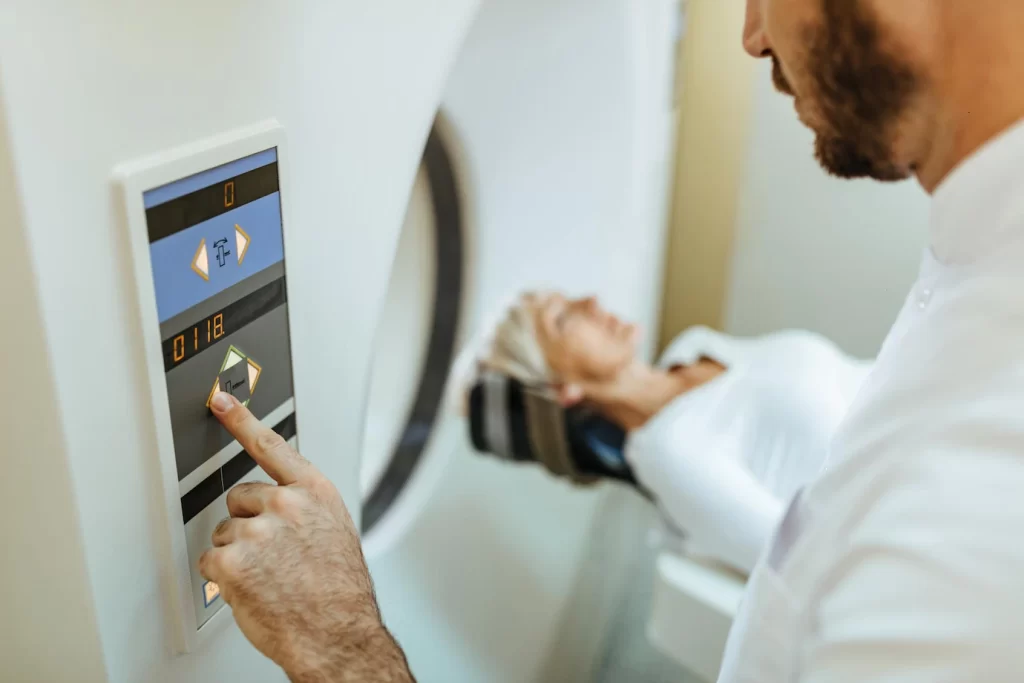Prevent Cancer: Limit Radiation from Medical Imaging Tests

Limiting radiation exposure from medical imaging tests is an important part of cancer prevention. Some medical imaging tests, such as X-rays and CT scans, use ionizing radiation, which can damage DNA and increase the risk of cancer. Here are some ways to limit radiation exposure from medical imaging tests:
- Talk to your healthcare provider: Talk to your healthcare provider about the risks and benefits of any medical imaging test that has been recommended for you. Ask if there are alternative tests that don’t involve ionizing radiation.
- Consider your medical history: If you have a history of cancer or have received radiation therapy in the past, you may be at a higher risk of developing cancer from medical imaging tests. Your healthcare provider can help you determine the best approach for your individual needs.
- Use the lowest possible dose: When undergoing a medical imaging test that involves ionizing radiation, ask the healthcare provider to use the lowest possible dose of radiation that will still provide accurate results.
- Keep track of your medical imaging history: Keep track of any medical imaging tests you have received, including the type of test, the date, and the location of the test. This information can help your healthcare provider determine if you have received too much radiation over time.
By limiting radiation exposure from medical imaging tests, you can help reduce your risk of cancer. Talk to your healthcare provider about recommended imaging tests based on your individual needs and health status.
